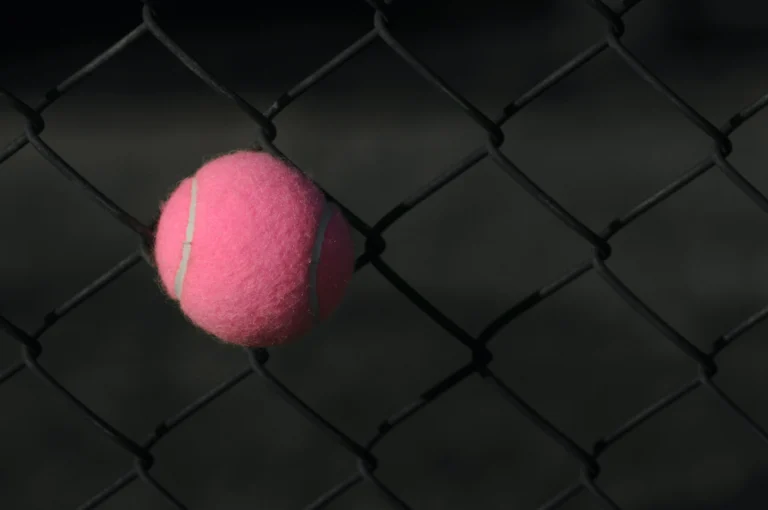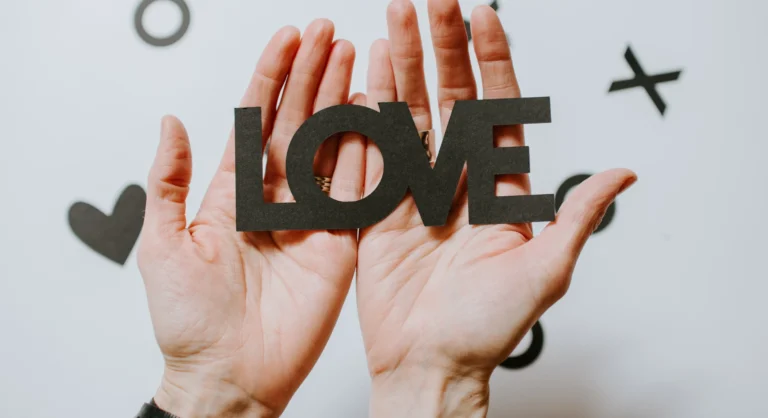A Hungarian-American scientist dedicated his life’s work to researching the science and art of flow. His decades of research included studying those working in creative, scientific and sporting fields. Needless to say, his vast body of work is of relevance to us all, and especially to those of us who wish to write more effectively and consistently.
This three-part series will explore his vast body of work, and how we can apply it to our writing lives. Our exploration will look something like the following:
Part 1: An introduction to flow
Part 2: Some ingredients of flow, and how we can apply them
Part 3: Some more ingredients of flow, and how we can apply them
Mihaly Csíkszentmihályi (that’s “Me-high Chick-sent-me-high”) describes flow as “a state in which people are so involved in an activity that nothing else seems to matter”. In his seminal work, ‘Flow: The Psychology of Optimal Experience’, Csíkszentmihályi outlined his theory that people are happiest when they are in this state of flow — a state of concentration or complete absorption with the activity at hand and the situation. Considered one of the founding fathers of Positive Psychology, the field known as “the science of optimal functioning”, Csíkszentmihályi was born in Hungary not long before the Second World War. He lost his two older half-brothers whilst he was still young; one was a student killed during the Siege of Budapest, the other was sent to forced labour camps in Siberia. His work involved the study of, and conversations with, eminent scientists and creatives in an effort to peer under the surface and allow us to find more flow and live happier, creative lives.
“Painters must want to paint above all else. If the artist in front of the canvas begins to wonder how much he will sell it for, or what the critics will think of it, he won’t be able to pursue original avenues. Creative achievements depend on single-minded immersion.” – Mihaly Csíkszentmihályi
Flow is so named because, during a series of interviews he conducted (1975), several people described their “flow” experiences using the metaphor of a water current carrying them along. He believed flow was the “optimal experience” during which one gets to a high level of gratification from the experience. Those in flow are completely engrossed in the task at hand and lose track of time, distractions, the people around them, and even their basic bodily needs(!).
Can you relate to this? Have you experienced ‘flowful’ writing sessions? And, if so, wouldn’t you like to experience more of them?
In part 2 of this ‘Flow for writers’ series, we will look at some of the traits of flow that Csíkszentmihályi identified. In the meantime, in this week’s podcast episode I set the scene and introduce three of the flow ingredients that will allow us, as writers, to find and experience more flow: 🎙️ LISTEN TO THE PODCAST (25: Finding more ‘flow’ in our writing lives)




Responses